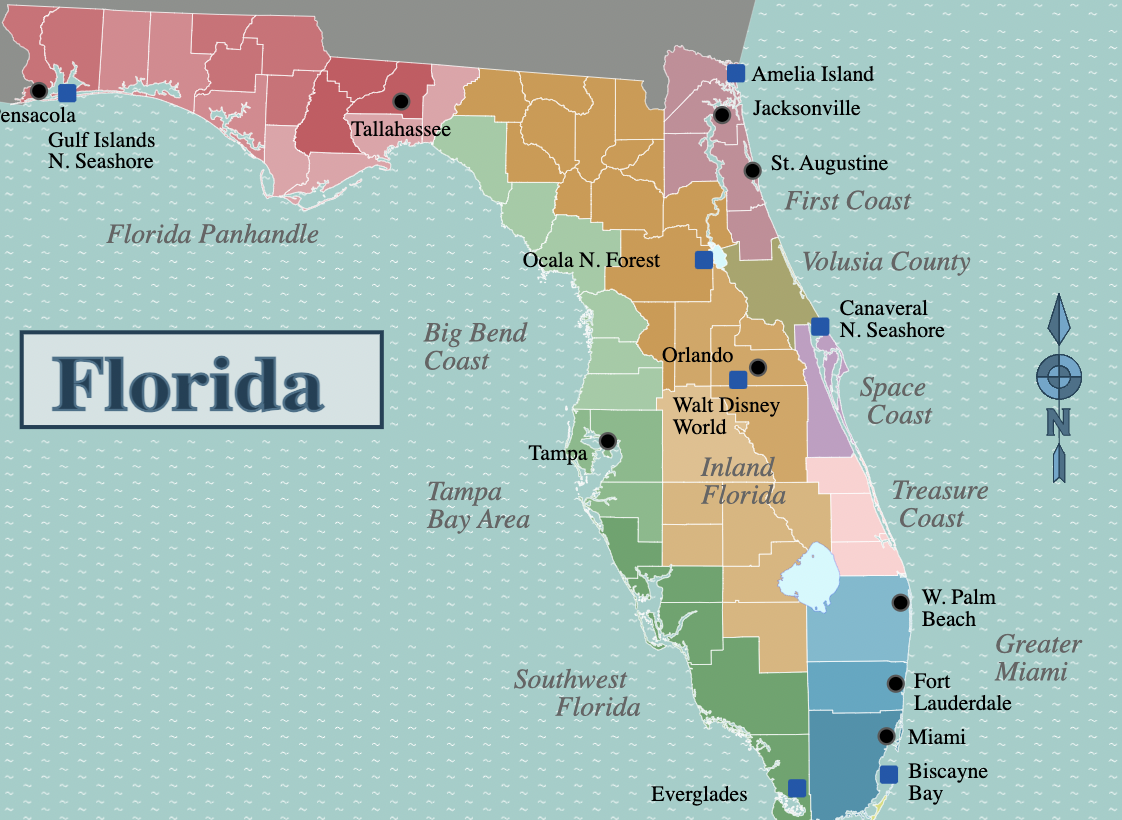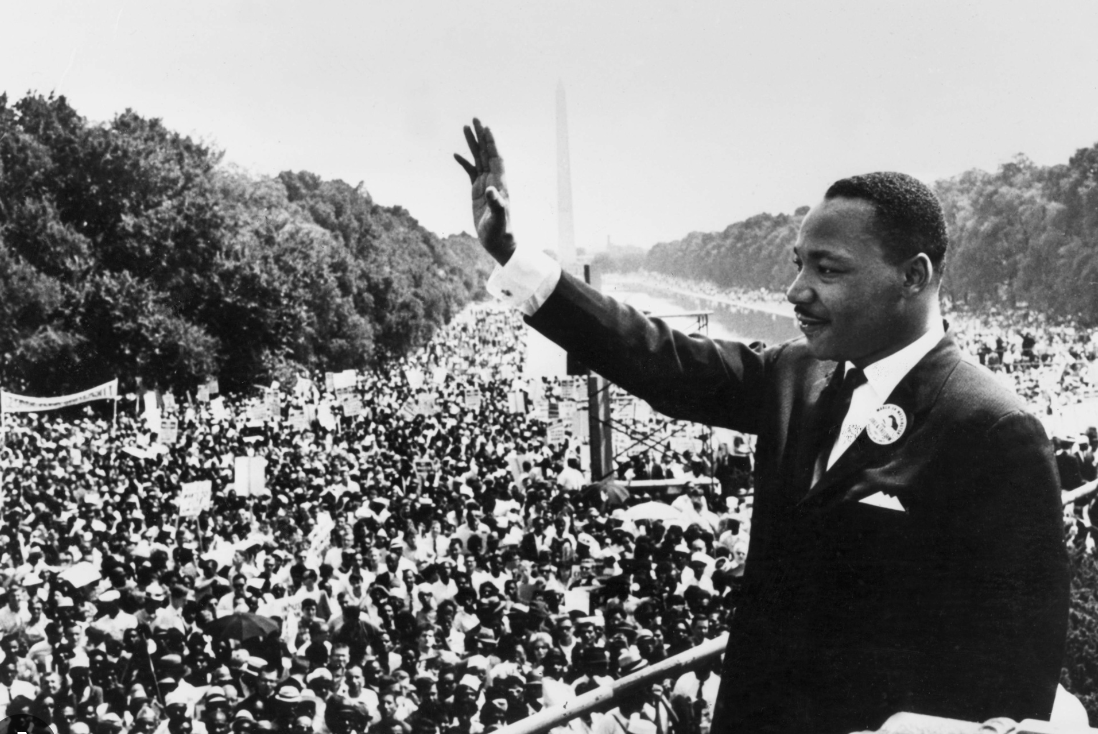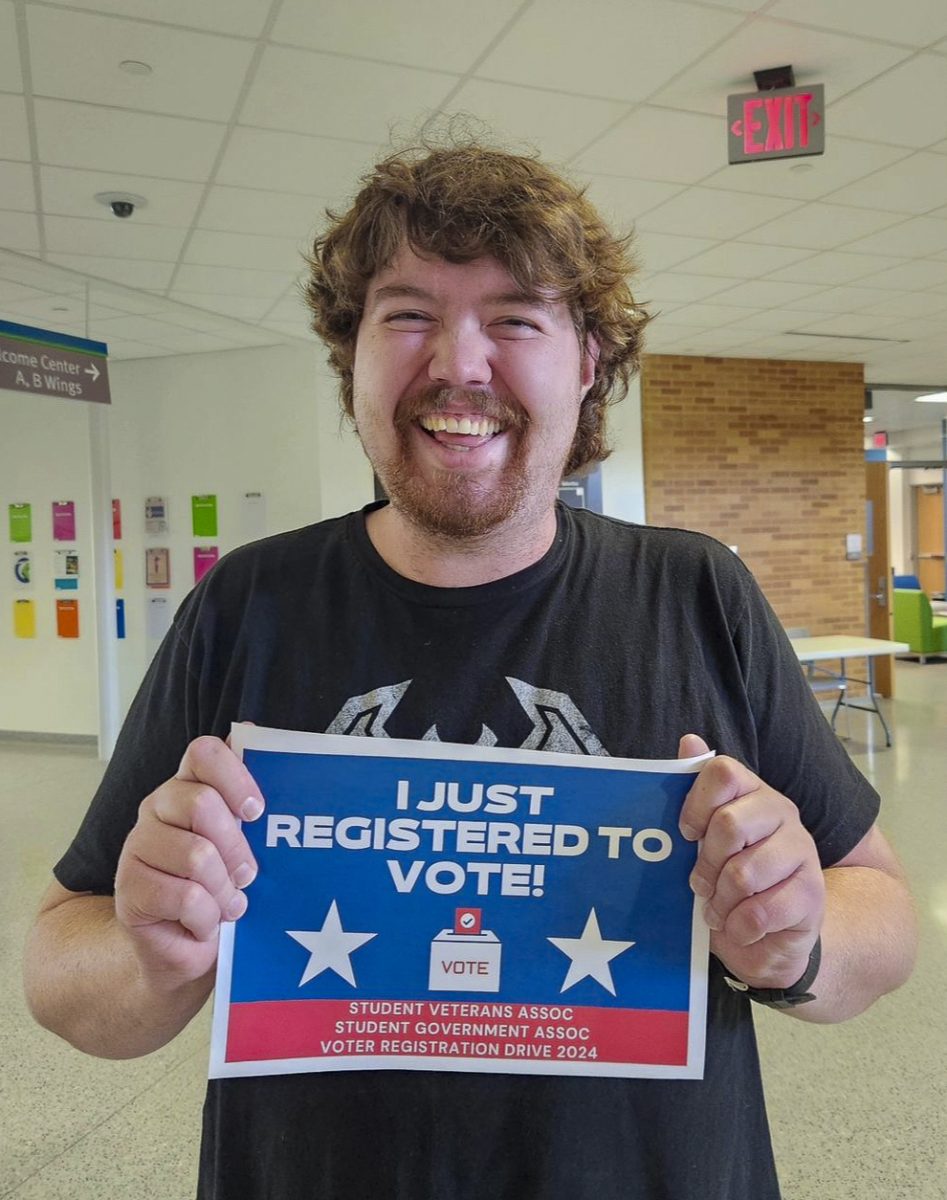AP African American studies is an official course now offered by high schools nationwide. The designated modules cover a wide range of history which acknowledges the highs and lows of African Americans’ history in the United States.
Now, to many, this may seem like a beneficial and crucial course to be offered as African-American history has developed proportionally to the history of the U.S. as a whole, but in the state of Florida, this is different.
According to an article written by the Associated Press, in January 2023, Governor of Florida Ron DeSantis and his Board of Education denied the course being added to the Florida curriculum.

This resistance against the acknowledgment of the struggles and tribulations African Americans faced in the U.S. is an injustice for an entire generation.
I spoke with Phyllis Soybel, a history professor at the College of Lake County, to gain the perspective of someone who has seen the many changes in history that are happening before our eyes; as well as their immense knowledge of the past. We began by discussing the potential consequences of not providing a holistic curriculum for students.
“In history, context is super important; without context, history becomes names, dates, and facts,” Soybel said. “ There is no “why” something happened or “how” it happened… If you don’t present both points, then if we look at the standards in Florida they are doing exactly what they are accusing others of doing.”
Soybel continued to say that these events are “indoctrinating” because they are pursuing a particular view of history.
“Again, we don’t learn the whole story and we lose part of history,” Soybel said. “When you teach U.S. History, African Americans are part of the story.”
Soybel said that teaching African-American history is looking at American history in a different way.
“If you don’t allow teachers to have all of the resources possible, they themselves cannot develop a lesson plan that tackles what they’re talking about as well as helps them break it down for the age group they are teaching,” Soybel said.
She continued with, “That’s a problem. If you say you can’t teach a particular subject from multiple perspectives you are hamstringing the teacher[s] and not doing well by your students.”
Soybel said that our experiences impact on how we look at the world and certain events.
“[A] part of what one hopes one gets in certain discussions is how others see something and a different perspective and it’s important,” Soybel said. “It gives you a broader understanding of something. For democracy to work you have to be able to empathize in order to get a broader picture; and let’s be honest our society needs some more empathy.”

The detrimental effects of removing these courses highlight the concerns of many educators and communities; how will this decision affect future generations of students?
Soybel thinks that if we do not let high schools have the ability to offer AP African-American History because of the standards put in place, it will be detrimental to the students, particularly to those who are of color.
“Something AP African American history allows is a student of color or not to take a course they might identify with more,” Soybel said. “In the end, students will strive to do well in a class they care about, a class they are interested in. Why would you take away a class they are interested in?”
Soybel shared a quote that she has seen, “History should make you uncomfortable, it should make you ask why.”
The resistance of Florida to accept this course only further oppresses the millions of African Americans in the United States who lived, died, and fought for justice and equality. Many students may not be informed of critical times and events which are covered in the course such as the transatlantic slave trade and slavery.
Becoming further educated on the oppression of African Americans will create mutual respect, decrease racial prejudice and views, and overall not hide the truth of America’s history. The state of Florida has set a damaging and worrisome example for the youth and further legislation in their state by not allowing this course.






